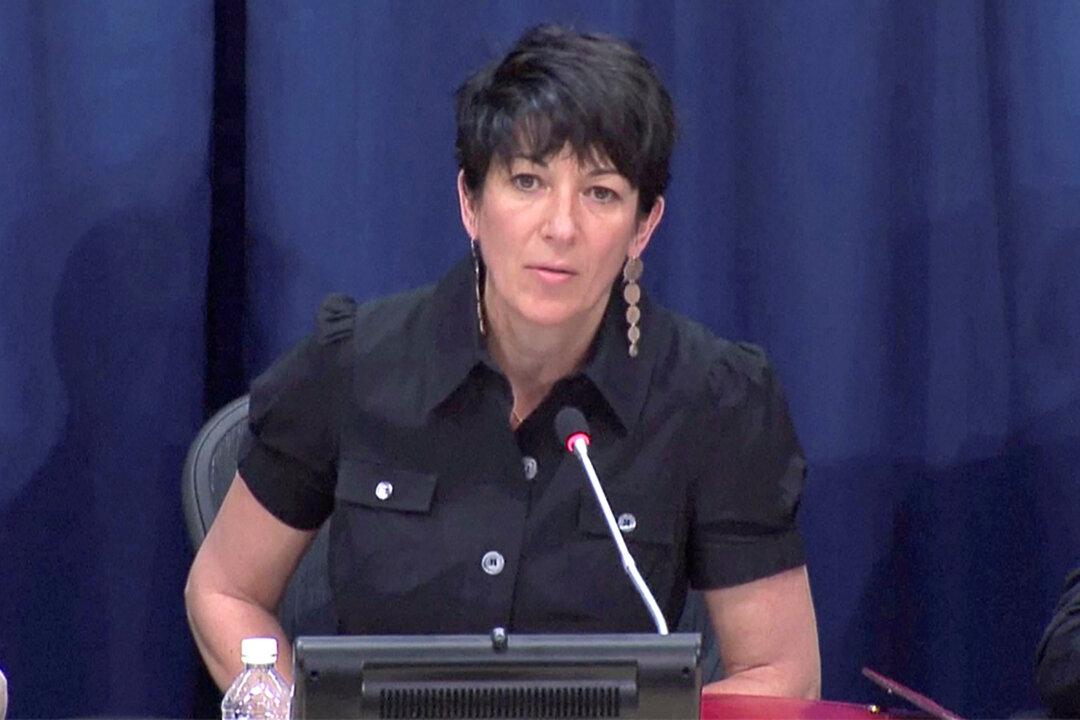Alleged victims of the longtime associate of convicted sex offender Jeffrey Epstein are expected to testify at the defendant’s arraignment and bail hearing, according to Assistant U.S. Attorney Alison Moe.
One or more of the victims are expected to ask the court to keep Ghislaine Maxwell detained pending trial, Moe wrote in a memo (pdf) opposing Maxwell’s request to be released on bail.





